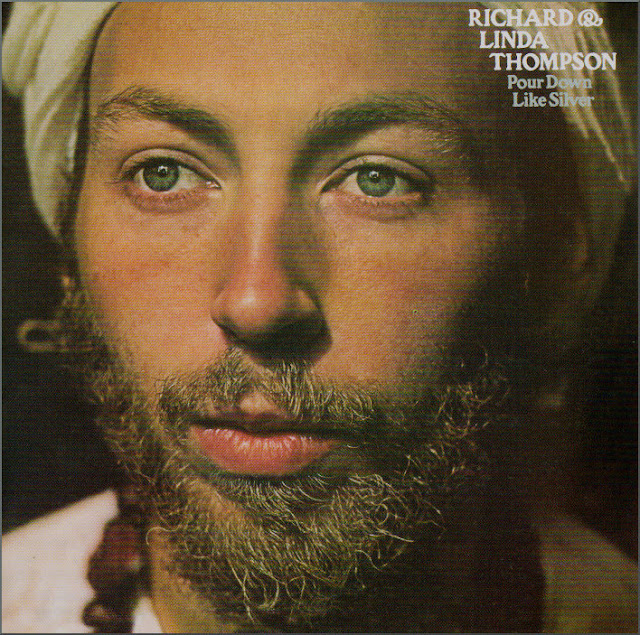How Maestro Dudamel is saving classical music
Newsweek's 2012 profile headlined "Bravo, Gustavo! How Maestro Dudamel is saving classical music" was remarkably prophetic. As his latest property transaction seen above and Rolex brand ambassador role seen below confirm, Gustavo Dudamel has indeed saved classical music. He has saved the celebrity culture with its top-heavy reward structure, he has saved the vital skill of staying onside with the media, and has saved the fine art of embracing just enough new music to stay cool. Moreover he has saved venerable and highly lucrative star vehicles such as the Rolex sponsored Neujahrskonzert der Wiener Philharmoniker, and has saved the casuistry of running with the humanitarian hounds while hunting with an ethically compromised regime. In fact Gustavo Dudamel has saved classical music's elitist and privileged status quo.
Dudamel's many apologists will argue that rich rewards for celebrity conductors are nothing new. Which is quite true. But Herbert von Karajan - famed for his private jet - was in his 50s when he reaped his rewards, while Leopold Stokowski - famed for his intimacy with Hollywood leading ladies - was into his fourth decade before he rose to stardom, and both conductors had served long apprenticeships. By contrast Gustavo Dudamel made his high profile debut in 2005 and became music director of the Los Angeles Philharmonic just four years later aged 27. In the 2012/13 season his salary in LA was $1.5 million. He was already a Rolex brand ambassador when he became music director, and CNN recently reported that a celebrity watch endorsement contract is worth $3 million. Just two years after starting his tenure in LA Dudamel bought his first property in Hollywood Hills for $1.85 million, following this with the one seen above valued at $3.1 million.
Yes, the maestros of the past had their peccadilloes. But we live in very different times and scarcely a day passes without news of yet another savage cut to arts funding. The classical music industry is in denial, and peddles the sophistry that music funding is separated into hermetically sealed and unconnected compartments, with celebrities isolated in one compartment and grass roots musicians in another. This is self-serving obfuscation: funding does indeed come from many different sources, but just as all rivers lead to one ocean, so all funding ultimately comes from one contracting pot. Chaos theory applies to classical music. So, just as a butterfly flapping its wings in New Mexico can cause a hurricane in China, so a dude ranch changing hands in the Hollywood Hills can threaten the future of an arts centre in Birmingham, England.
Any copyrighted material is included as "fair use" for critical analysis only, and will be removed at the request of copyright owner(s). Also reluctantly on Facebook and Twitter.












Comments
Whilst recognising that these are legitimate concerns, I'm far, far more worried by what goes on in the music business where the ratio of pay from conductor to rank and file is almost as high. After all:
- the vast majority of companies led by well-paid CEOs are self sustaining and profit-making; by contrast most orchestras depend on direct or indirect government subsidies (Europe) and/or sponsorship (N America);
- major companies often employ thousands of people (the largest, tens or even hundreds of thousands) as opposed to no more than a couple of hundred (including back-room roles) in an orchestra; and
- a company CEO has complete leadership accountability, whereas in the orchestral world there is generally a split between artistic and commercial leadership and the former is often shared...
All this suggests to me that star conductors are far more "overpaid" than CEOs.
Of course top sports people and popular entertainers also make $$$$ but unlike the classical elite this is typically funded from box office receipts, CD/DVD sales, merchandising and the like.
Whenever I see a conductor in a Rolex add, a bit of sick comes up into my mouth :-(
A surprising number of classical musicians have Rolex endorsement contracts - https://www.rolex.com/arts-and-culture/the-arts.html